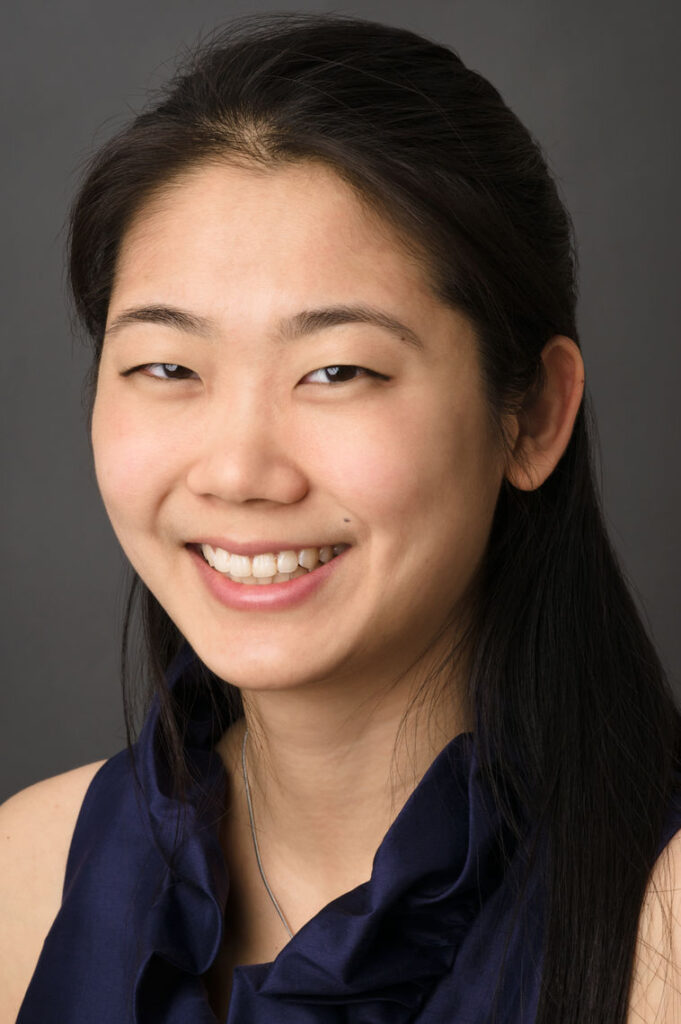
Hattie Chung
Postdoctoral Researcher, The Broad Institute of MIT and Harvard
Paul & Daisy Soros Fellowship awarded in 2011 to pursue a PhD in Systems Biology at Harvard University.
Hattie Chung is an immigrant from South Korea.
Related Articles
-
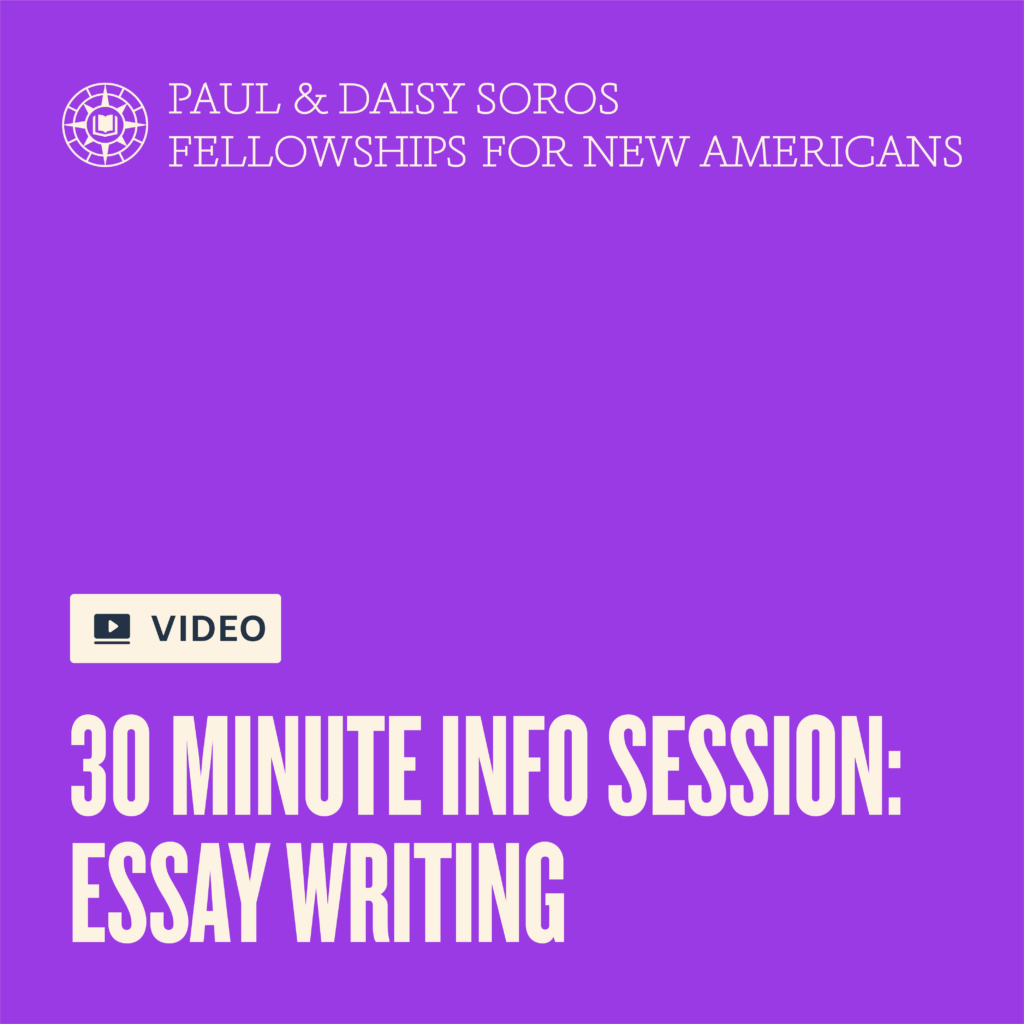 Read more: Essay Writing With Jermaine Anthony Richards
Read more: Essay Writing With Jermaine Anthony Richards- 2024 Information Sessions
Essay Writing With Jermaine Anthony Richards
-
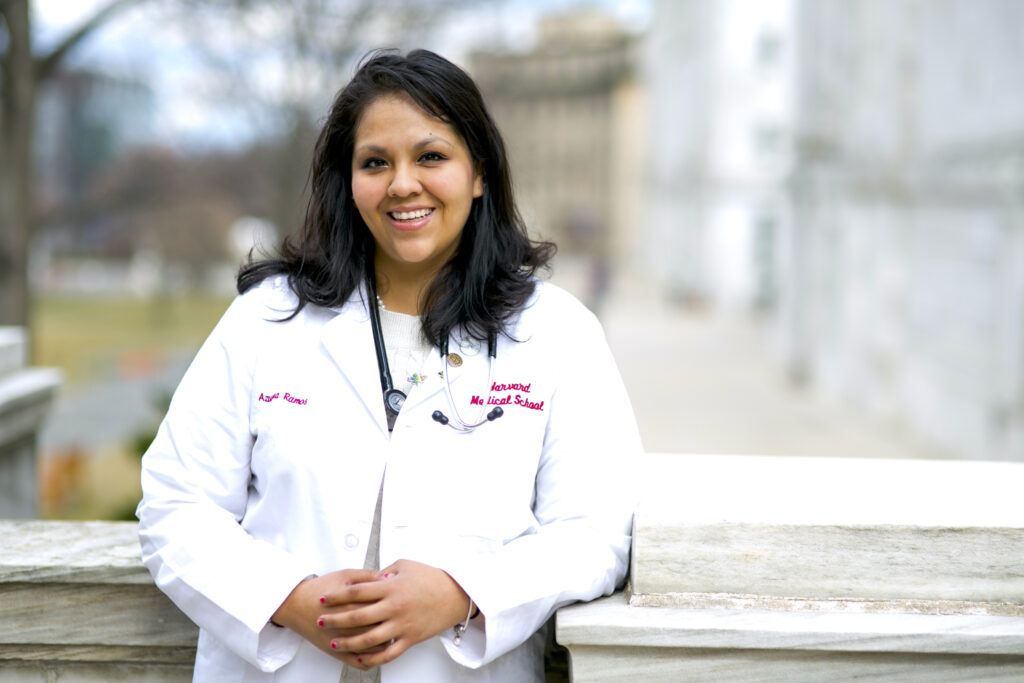 Read more: Not on My Resume: Azucena Ramos
Read more: Not on My Resume: Azucena Ramos- Fellow Highlights
Not on My Resume: Azucena Ramos
Meet More Fellows
-
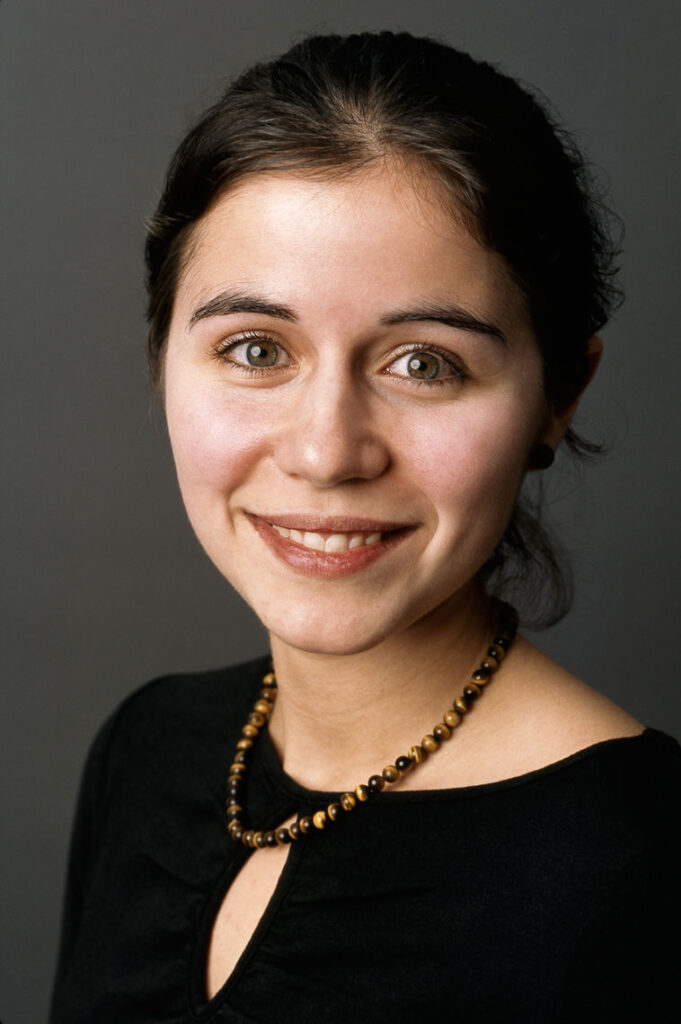
Markella Zanni
Associate Professor of Medicine, Harvard Medical School
Markella Zanni is the child of immigrants from Greece. Fellowship awarded in 2002 to support work towards an MD in Medicine at Harvard University
-

Anita Yang Hsu
Senior Vice President and General Counsel, MBK Real Estate Companies
Anita Yang Hsu is an immigrant from Taiwan. Fellowship awarded in 1998 to support work towards a JD in Law at University of California, Berkeley
-
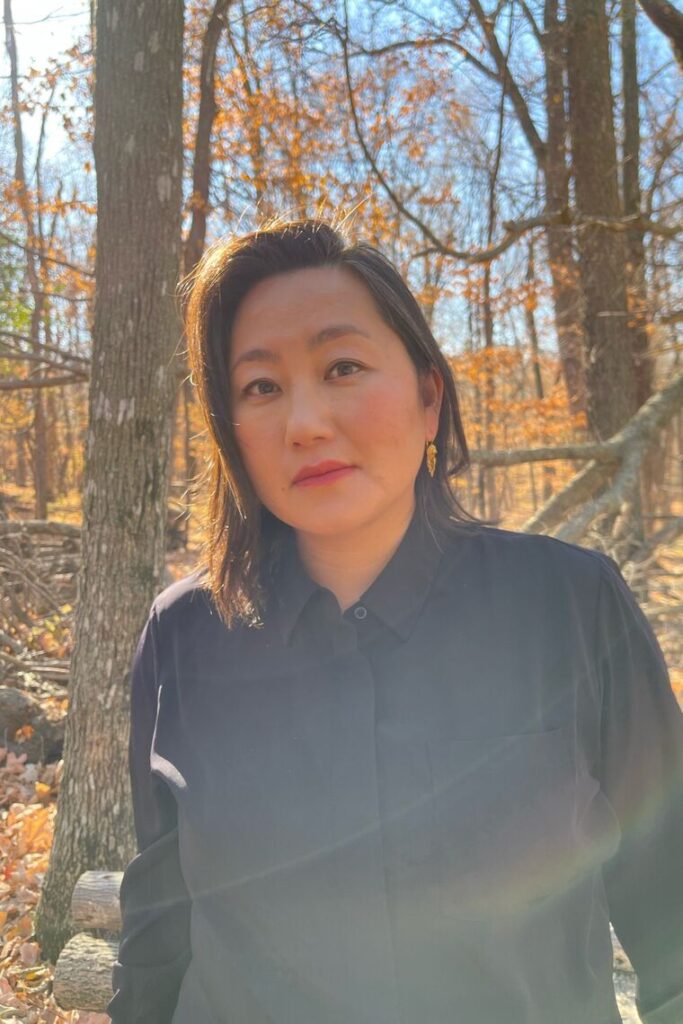
Kao Kalia Yang
Activist & Professor, Author
Kao Kalia Yang is an immigrant from Thailand. Fellowship awarded in 2003 to support work towards an MFA in Creative Writing at Columbia University
-
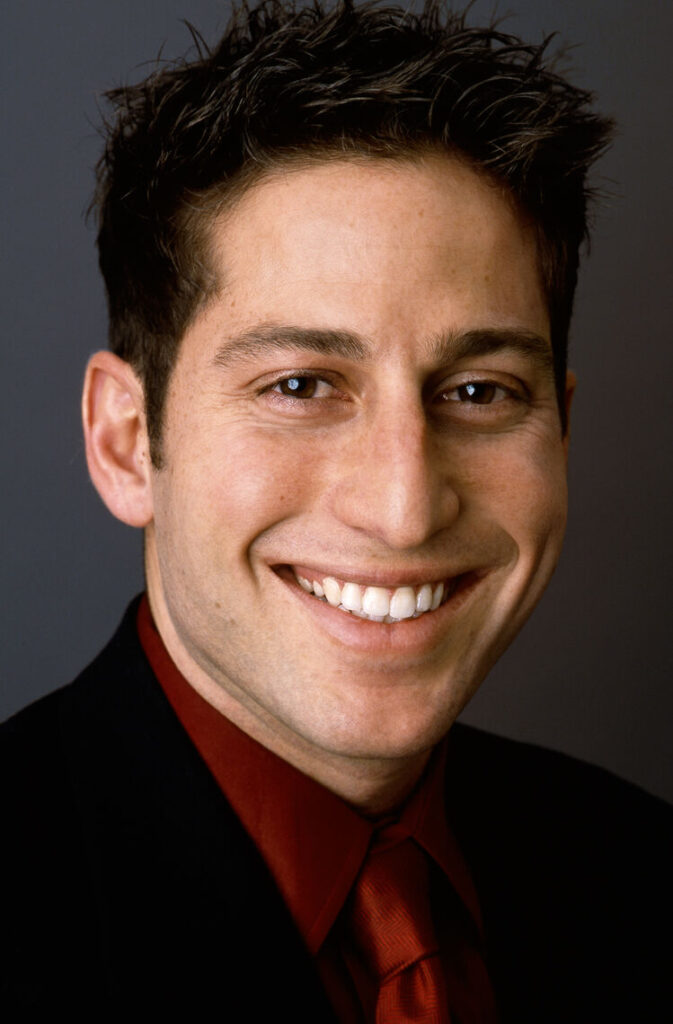
Richard Vidal
Head of Global Agency Business Development, Google
Richard Vidal is the child of immigrants from Cuba. Fellowship awarded in 2003 to support work towards an MD in Medicine at University of Pennsylvania